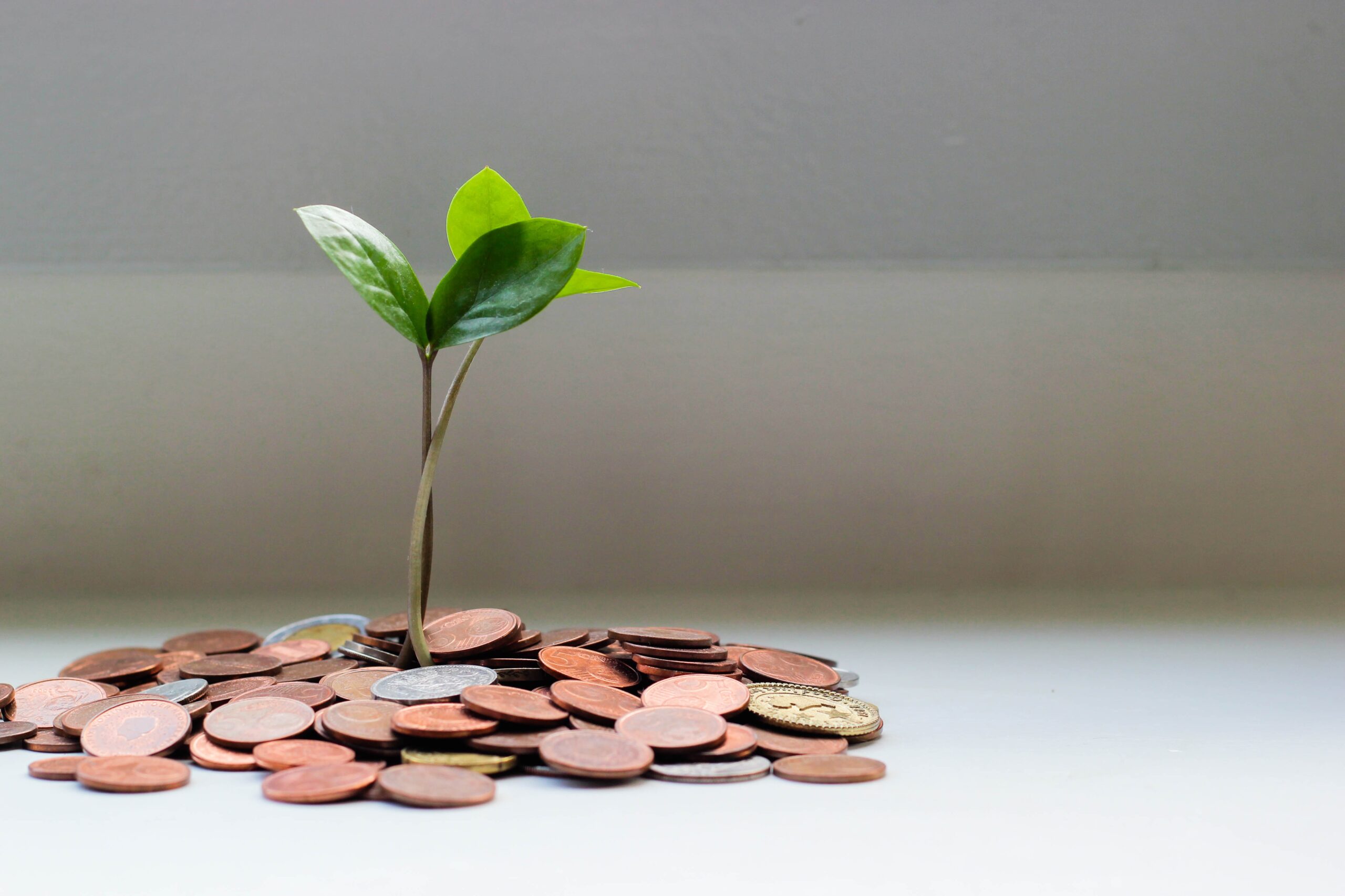
Nicholas Anthony
Late last year, the Nigerian government caused a cash shortage for the country’s 200 million citizens that led to protests, riots, and unrest. Since then, the Central Bank of Nigeria proudly announced that the adoption of the eNaira—Nigeria’s central bank digital currency (CBDC)—has increased twelvefold from 0.5 percent to 6 percent of the population.
Godwin Emefiele, the governor of the Central Bank of Nigeria, said, “The eNaira has emerged as the electronic payment channel of choice for financial inclusion and executing social interventions.”
Whether an adoption rate of 6 percent is a success can be debated, but there should be no misunderstanding that the eNaira was not adopted by choice. At best, it gained adoption due to desperation in the wake of the cash shortage that the government created.
Governor Emefiele has been clear that, “The destination, as far as I am concerned, is to achieve a 100% cashless economy in Nigeria.” But make no mistake, while a cashless economy may be the choice that the Nigerian government has made, it is not a choice that Nigerian citizens have been free to make.





